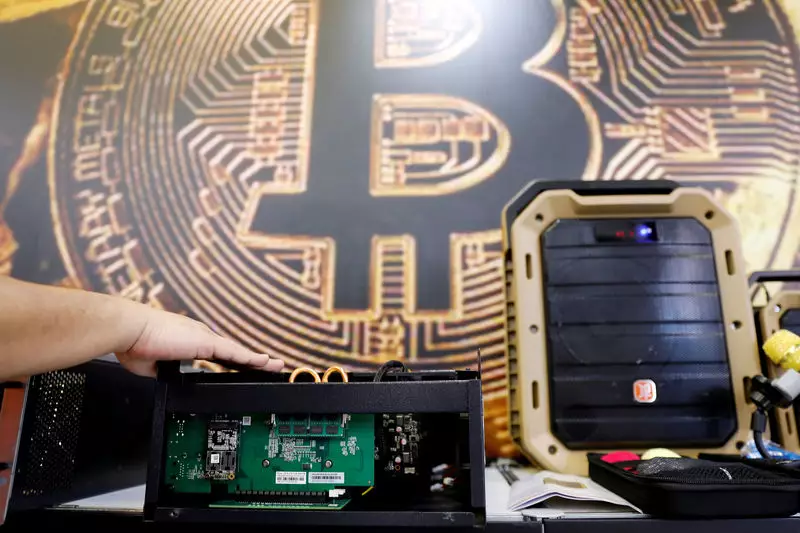In the realm of financial evolution, the debate around monetary standards is as recurrent as it is complicated. Ki Young Ju, the founder of CryptoQuant, recently expressed skepticism regarding the potential adoption of a Bitcoin Standard in the United States. His reflections invite us to delve deeper into the historical instances where the U.S. has reconsidered its monetary policy, specifically the flirtation with the gold standard during tumultuous economic moments, akin to today’s discussions surrounding Bitcoin. The late 1990s witnessed a resurgence of gold advocacy as economic uncertainties loomed, pushing significant figures like Peter Schiff into the spotlight. This historical parallel raises pertinent questions: does Bitcoin present a viable alternative, or is it merely an echo of a bygone era of monetary anxiety?
Ju draws attention to a crucial ideological transformation in how assets are perceived. Throughout history, gold has been a safe-haven asset, especially when the U.S. sensed a threat to its financial supremacy. Presently, Bitcoin enthusiasts argue passionately for it to assume a similar role. Ju posits an interesting point; Bitcoin has started to occupy the space once reserved for gold, as a hedge against economic instability. This perspective highlights that, while Bitcoin shows immense potential, its acceptance as a replacement for traditional standards depends heavily on societal and governmental perceptions of its value.
Despite his enthusiasm for the concept, Ju identifies significant barriers to the United States adopting Bitcoin as a strategic asset. One of the primary factors is the overarching uncertainty surrounding cryptocurrency integration into a largely fiat-based economy. The U.S. government’s adoption of Bitcoin would require a paradigm shift, which, according to Ju, is only likely in the face of a substantial threat to its economic authority. Without such a catalyst, the complexities related to the regulatory environment and the inherent volatility accompanying cryptocurrencies present formidable challenges.
Furthermore, Ju suggests that any potential governmental engagement with Bitcoin might stem from entirely different motivations than those championed by Bitcoin advocates. For instance, the U.S. government could begin acquiring Bitcoin as a form of economic leverage against global competitors or as a hedge against future financial crises rather than as a commitment to a new monetary standard. This indicates a possible divergence between the perceived objectives of Bitcoiners and the strategic calculations of policymakers.
While Ki Young Ju’s assessment reveals an intriguing analysis of the Bitcoin debate, it underscores that the road to adopting a Bitcoin Standard in the U.S. is fraught with complexities. Historical context, ideological transitions, systemic barriers, and geopolitical strategies all play pivotal roles in determining the cryptocurrency’s future. As Bitcoin continues to evolve in both technology and perception, its true potential remains to be fully realized. Ju’s insights serve as both a cautionary tale and a thought-provoking commentary on the nature of value, authority, and trust in modern economic systems.

